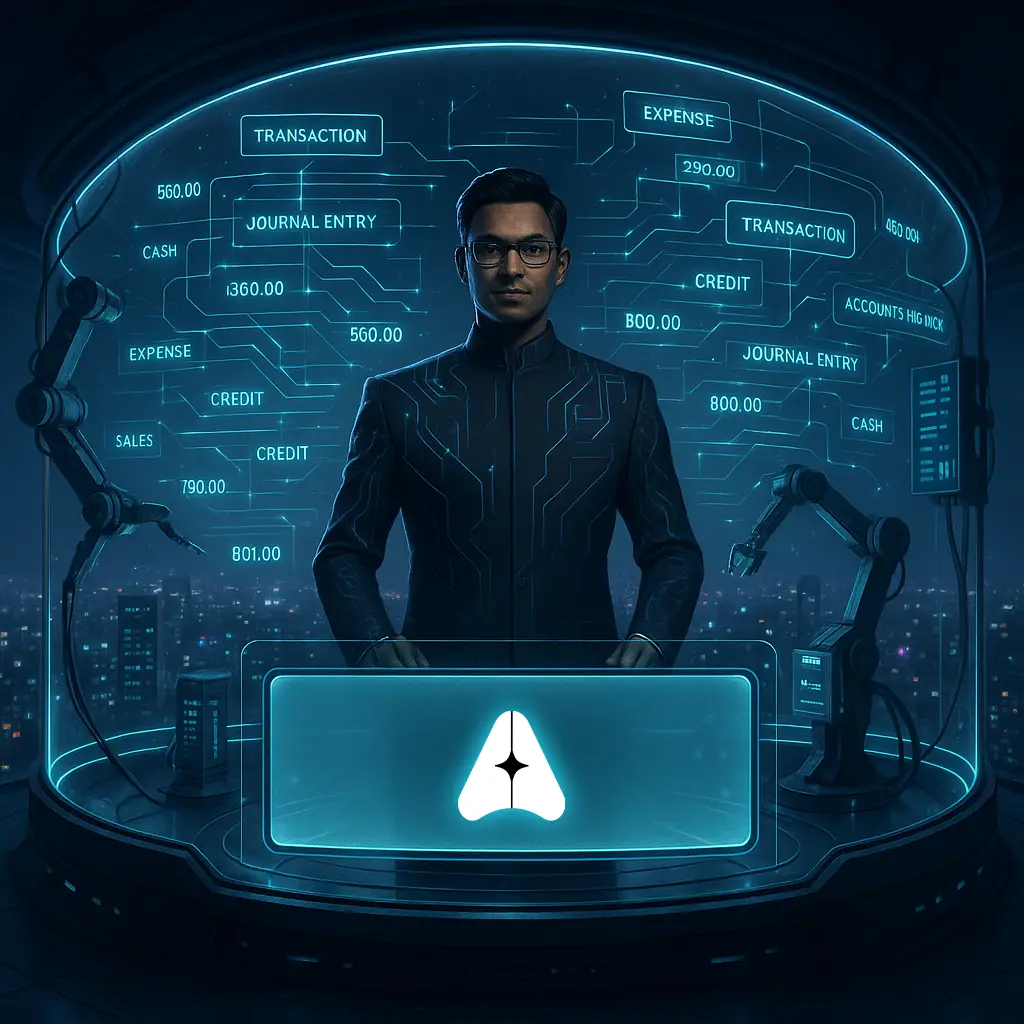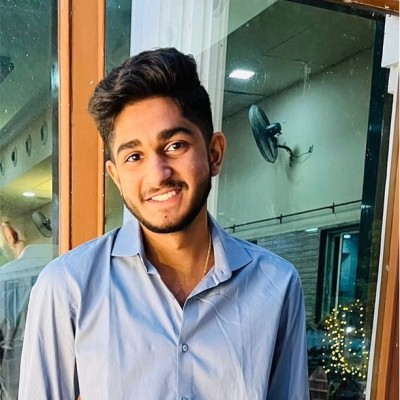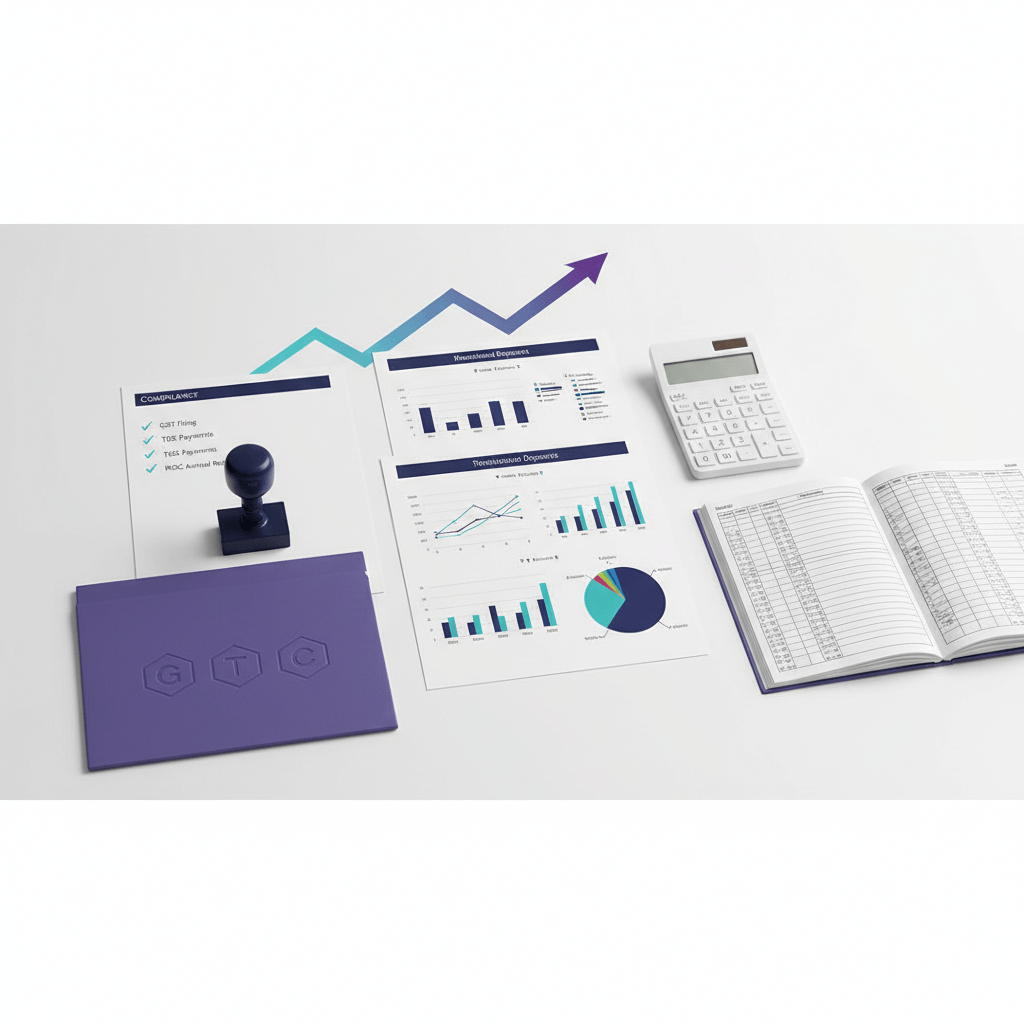Key takeaways
- Automate recurring and conditional journal entries to save up to 75% of manual effort
- Use bulk editing and import mapping to categorize hundreds of expenses in seconds
- Leverage smart rules for compliance checks, notifications, and exception handling
- Integrate with AI Accountant for intelligent ledger mapping and OCR-based classification
- Standardize processes and templates to scale your CA practice without sacrificing accuracy
Why Automate Zoho Books?
Picture this: It’s 11 PM, and you’re still at your desk, manually entering the same depreciation journal for the twentieth client this month. Sound familiar? Manual accounting tasks consume precious hours that could be spent on advisory work or business development.
“Every minute spent on data entry is a minute not spent helping clients make better financial decisions.”
The hidden costs of manual work include human error, compliance risks, and scalability challenges. When you’re firefighting data entry backlogs, it’s nearly impossible to focus on growing your firm or deepening client relationships.
What automation changes this? Zoho Books automation addresses these pain points by reducing redundant manual entries, streamlining expense categorization, improving accuracy, and freeing up capacity for higher-value advisory work. When combined with specialized tools like AI Accountant, these capabilities become even more powerful, creating a seamless workflow that handles the grunt work while you focus on what matters most.
How to Automate Journal Entries in Zoho Books
Manual journal entries for depreciation, inter-company adjustments, or reimbursements can be a major time sink. Zoho Books offers several automation layers to tackle this.
Setting Up Recurring Journals
Create journal entry templates with your account lines and amounts, then specify frequency and duration. Zoho Books will post entries automatically—no late-night data work required.
Using Workflow Rules for Smart Automation
Workflow rules let you trigger entries when specific conditions are met. For example, post GST adjustment journals when input tax credits exceed thresholds. Configure these in workflow rules and keep compliance tasks on autopilot.
Template-Based Entry Creation
For similar but not fully predictable entries—like equipment purchases or loan payments—use templates. Select your template, adjust amounts, and post. Templates ensure consistency and speed up the process.
AI Accountant enhances this by automatically generating ledger-ready entries from bank statements and other financial data. AI Accountant can push properly classified entries directly into Zoho Books, cutting manual classification by up to 75%.
Master Bulk Expense Categorisation in Zoho Books
Hundreds of transactions across credit cards, vendor bills, and bank statements can slow you down. Zoho Books provides tools to bulk-process them in seconds.
Leveraging Bulk Editing Features
Select multiple expenses at once and update their categories, tags, or other attributes in a single action. Ideal for grouping fuel expenses or office supplies by vendor.
Smart Import and Mapping Strategies
When importing bank statements or expense files, map data to categories during the upload. Zoho Books will remember your mappings and apply them to future imports.
Advanced Classification with AI Integration
While Zoho Books’ built-in tools are solid, AI Accountant takes expense classification to the next level. AI Accountant uses OCR and NLP trained on Indian banking formats to learn your patterns and apply them consistently, syncing categorized expenses bi-directionally into Zoho Books.
Maximize Efficiency with Smart Rules in Zoho Books
Smart rules automate decision-making and notifications, ensuring consistent workflows without constant oversight.
Setting Up Compliance-Focused Rules
Automate GST checks, flag transactions for TDS, and tag high-value invoices for review. Use invoice OCR to verify formats and GST numbers automatically.
Workflow Automation for Client Management
Create reminders for document collection, alerts for overdue payments, or approval workflows for large transactions. Integrate payment reminder automation to keep clients on schedule.
Transaction Monitoring and Exception Handling
Flag unusual transactions, detect duplicates, and highlight items needing reclassification. Exception-handling rules act as a safety net, so you only review outliers rather than every entry. Time management with Zoho Books automation features ensures nothing slips through the cracks.
Essential Zoho Books Tips for CA Firms
Streamlining Monthly Reconciliations
Set automated reminders for bank statement uploads and schedule reconciliation tasks at month-end. Use automated bank reconciliation to keep workflows predictable and timely.
GST Compliance Automation
Automate invoice format checks, GST number validation, and report generation. Smart rules can flag transactions for specific GST treatment and ensure documentation is properly tagged.
Multi-Client Management Strategies
Standardize charts of accounts, use entity tags, and create template workflows. This structure allows you to scale from 10 clients to 100 without reinventing the wheel for each new engagement.
Integration and Workflow Optimization
Combine Zoho Books with AI Accountant for a powerful duo. AI Accountant case studies demonstrate how bi-directional sync eliminates double data entry and unlocks advanced automation without leaving Zoho Books.
FAQ
How can I set up recurring journal entries in Zoho Books using workflow rules with AI Accountant?
To set up recurring entries, create a journal template in Zoho Books, specify frequency, and enable recurring. Then configure a workflow rule to trigger adjustments based on conditions. AI Accountant can pre-generate ledger entries from bank data, which Zoho Books then posts on schedule.
Can AI Accountant automatically map Indian banking statements to Zoho Books expense categories?
Yes, AI Accountant uses OCR and NLP trained on Indian formats to categorize expenses. During import, it suggests categories and learns your preferences, then syncs directly into Zoho Books.
What are the steps to bulk categorize expenses for multiple clients in Zoho Books with AI Accountant integration?
Select all relevant transactions in Zoho Books’ bulk edit, choose the category, and apply. If you’ve integrated AI Accountant, its rules will automatically assign categories based on past mappings.
How does Zoho Books handle GST compliance rules and can AI Accountant enhance this?
Zoho Books smart rules can validate GSTIN formats and flag transactions requiring special treatment. AI Accountant adds an OCR layer to verify invoice data before syncing, reducing manual checks.
Is it possible to trigger TDS notifications in Zoho Books with smart rules and AI Accountant?
Yes, create a smart rule in Zoho Books to notify you when payments approach TDS thresholds. AI Accountant can analyze payment schedules and send reminders for TDS liabilities.
How do I create template-based journal entries for inter-company transactions in Zoho Books?
In Zoho Books, navigate to recurring journals, define each line item with account codes, save as a template, and set frequency. Use this template whenever similar transactions arise.
What alerts can I configure for high-value invoices in Zoho Books and AI Accountant?
Set a smart rule to tag invoices above a certain amount for additional review. AI Accountant can also notify you when large transactions hit your bank feed before they reach Zoho Books.
How does the bi-directional sync between AI Accountant and Zoho Books reduce manual data entry?
AI Accountant imports bank and vendor data, categorizes entries, and pushes them into Zoho Books. Any updates in Zoho Books feed back to AI Accountant, ensuring both systems stay aligned.
Can AI Accountant generate automated bank reconciliation schedules in Zoho Books?
Absolutely. After integration, AI Accountant can trigger reconciliation tasks in Zoho Books at month-end, matching statement lines with ledger entries and highlighting exceptions.
How do I automate monthly financial report generation in Zoho Books leveraging AI Accountant?
Create a report schedule in Zoho Books for Profit & Loss or Balance Sheet, then configure AI Accountant to refresh data feeds beforehand. Automated emails can deliver finalized reports to clients without manual intervention.
-01%201.svg)





